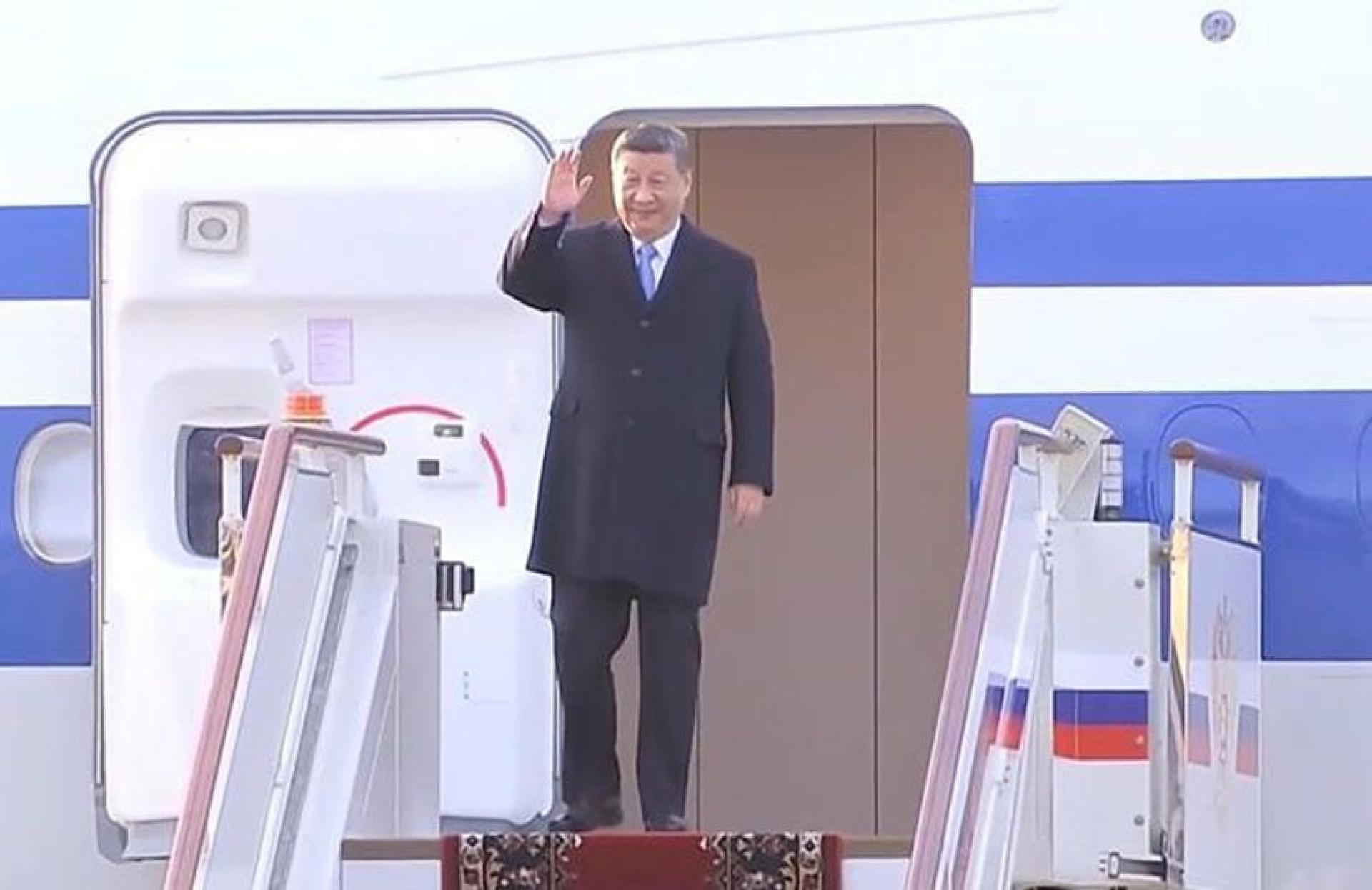Chinese President Xi Jinping departed Beijing on a special plane on the 30th, at the invitation of President Lee Jae-myung of the Republic of Korea, to attend the 32nd APEC Asia-Pacific Economic Cooperation Informal Leaders' Meeting in Gyeongju, South Korea, and to pay a state visit to South Korea.
According to Xinhua News Agency, Trump is scheduled to leave South Korea on the 30th, while Xi Jinping will only be arriving in South Korea on the 30th. Considering the tight schedule and security factors, the China-U.S. summit may be held at the Yifeng Pavilion of Gimhae Airport. The White House has announced that the meeting will take place at 11:00 am Korean time on the 30th. At the welcoming dinner hosted by South Korean President Lee Jae-myung on the evening of the 29th, Trump accidentally let slip—after forgetting to turn off his microphone—that the meeting with Xi might last "three to four hours."
According to a report by the China Times on the 30th, Professor Wei Zongyou of the Center for American Studies at Fudan University analyzed that the more challenging China-U.S. relations become, the more necessary it is to strengthen the strategic guidance of the leaders to prevent misjudgments. CFR Senior Fellow Scott Kennedy believes even if the two leaders cannot reach a trade agreement at this meeting, they can at least find enough common ground to serve as a basis for future negotiations.
Wei Zongyou pointed out that the nature of China-U.S. economic and trade relations is mutually beneficial and highly interdependent. From this practical perspective, the Trump administration's move to return to the negotiating table also indicates that a stable and healthy China-U.S. relationship—especially in economic and trade matters—is also conducive to the development of the U.S. economy.
